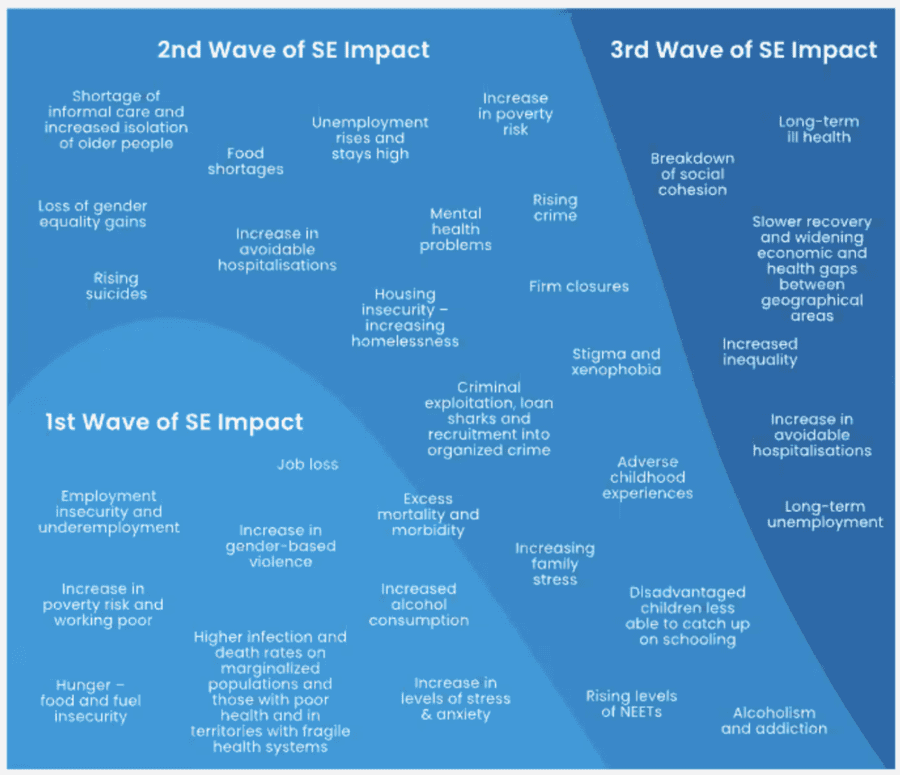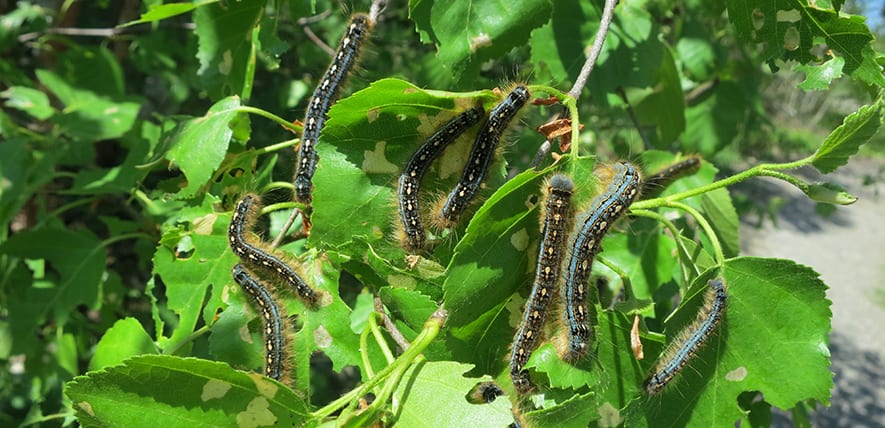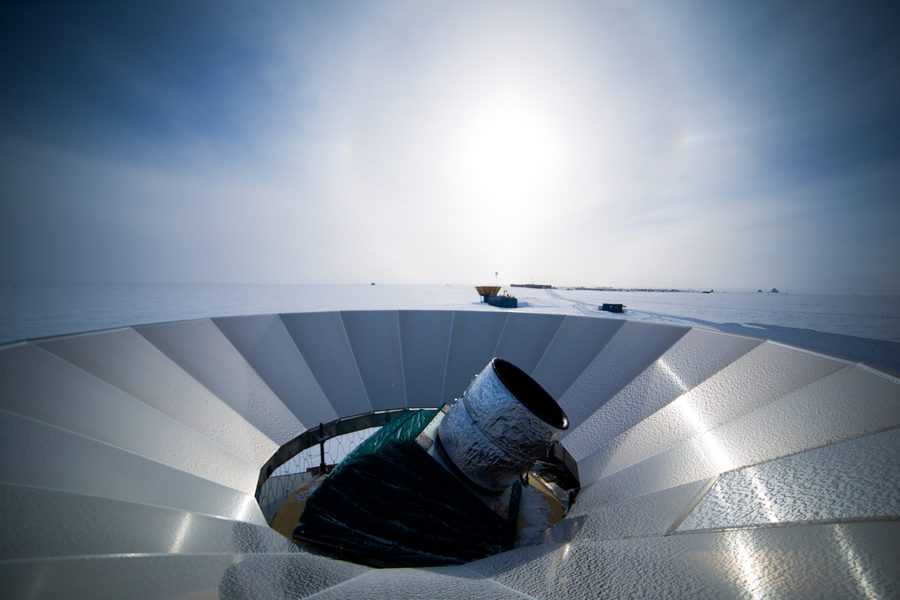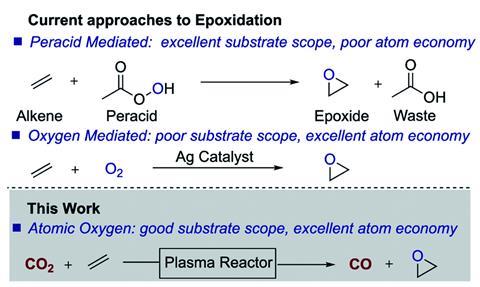Time spent alone during the pandemic led to positive effects on well-being across all ages, new research has found. The study of more than 2000 teenagers and adults, published in Frontiers in Psychology today (Monday 1 November), found that most people experienced benefits from solitude during the early days of the global Covid-19 pandemic. All age groups […]
Read More








